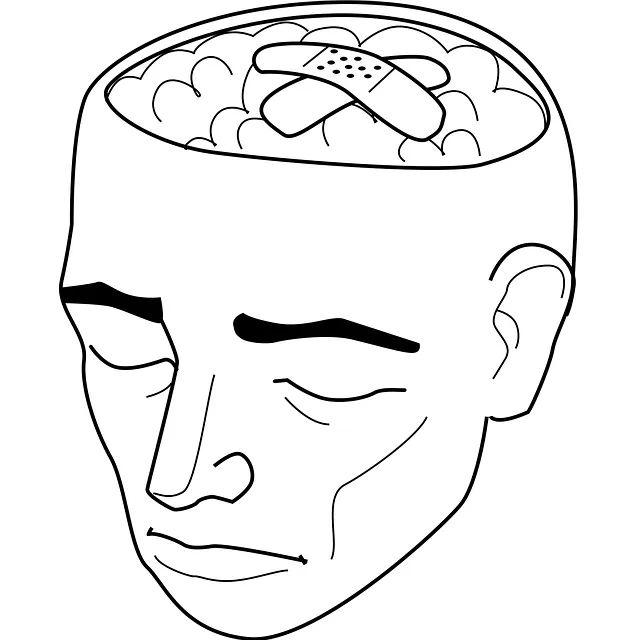The Kaiser Permanente Mental Health Center Lakewood offers personalized, evidence-based crisis interventions focused on empathy, communication, and empowerment. After a comprehensive assessment identifies unique needs and immediate dangers, tailored strategies are implemented, from calming techniques to therapy referrals. Long-term well-being is prioritized through post-crisis care, burnout prevention for staff, social skills training, and holistic healing principles, aiming to rebuild lives, develop resilience, and encourage thriving.
“At Kaiser Permanente Mental Health Center Lakewood, we delve into crisis intervention strategies that form a robust foundation for effective support. This comprehensive guide explores three key pillars: understanding crisis intervention, assessment and safety protocols, and post-crisis care and recovery. By prioritizing individual needs during acute situations, we foster long-term well-being for our patients at KP Lakewood, ensuring a holistic approach to mental health services.”
- Understanding Crisis Intervention: A Foundation for Effective Support at Kaiser Permanente Mental Health Center Lakewood
- Assessment and Safety: Prioritizing Individual Needs During a Crisis
- Post-Crisis Care and Recovery: Strategies for Long-Term Well-being at KP Lakewood
Understanding Crisis Intervention: A Foundation for Effective Support at Kaiser Permanente Mental Health Center Lakewood

At Kaiser Permanente Mental Health Center Lakewood, understanding crisis intervention forms the bedrock of our commitment to effective support. Our approach is centered around recognizing that each individual’s experience during a crisis is unique, requiring tailored interventions to foster resilience and recovery. By integrating evidence-based practices, we empower our team to offer immediate assistance while addressing the complex needs of our clients.
The cornerstone of our strategy lies in fostering empathy and building strong connections. Our mental health professionals are trained to actively listen, validating the emotions expressed during a crisis. This empathetic approach paves the way for open communication, enabling individuals to share their experiences freely. Additionally, we employ self-esteem improvement techniques tailored to each individual’s journey, helping them regain a sense of control and confidence in navigating life’s challenges. Stress reduction methods are also integral to our repertoire, aiming to equip our clients with tools to manage stress effectively and promote overall well-being.
Assessment and Safety: Prioritizing Individual Needs During a Crisis

During a crisis, the initial steps taken by professionals at Kaiser Permanente mental health center Lakewood involve thorough assessment and ensuring individual safety. This critical phase requires a nuanced understanding that every person’s needs are unique, especially in moments of intense emotional turmoil. Assessors must gather information to identify immediate dangers, such as suicidal ideation or imminent self-harm, while also considering underlying factors contributing to the crisis.
Prioritizing individual needs means tailoring interventions accordingly. This might involve creating a safe space for expression and calming techniques for those experiencing acute distress. For others, it could mean connecting them with appropriate resources like therapy services or community support groups, as discussed in Kaiser Permanente’s Mental Wellness Podcast Series Production. Ultimately, the goal is to empower individuals to navigate future challenges effectively, promoting long-term mental wellness and stress reduction methods through tailored interventions.
Post-Crisis Care and Recovery: Strategies for Long-Term Well-being at KP Lakewood

After an initial crisis intervention, sustaining long-term well-being is a critical phase at Kaiser Permanente mental health center Lakewood. This period focuses on post-crisis care and recovery, ensuring individuals can rebuild their lives and develop resilience against future challenges. The strategies employed aim to foster holistic healing by addressing not only the immediate mental health needs but also the underlying factors that contributed to the crisis.
One key approach is integrating burnout prevention strategies for healthcare providers, recognizing that self-care is essential for effective support. Additionally, social skills training plays a vital role in rebuilding connections and enhancing coping mechanisms. Embracing mind over matter principles empowers individuals to reframe their perspectives, cultivate positive thinking, and develop coping strategies that promote emotional stability. These comprehensive interventions at the Kaiser Permanente mental health center Lakewood are designed to facilitate meaningful recovery and encourage individuals to thrive beyond the initial crisis resolution.
In conclusion, crisis intervention strategies at Kaiser Permanente Mental Health Center Lakewood encompass a comprehensive approach to understanding, assessing, and supporting individuals in their time of need. By prioritizing safety and individual needs, the center ensures effective care during acute crises. Furthermore, post-crisis care and recovery strategies promote long-term well-being, reflecting the center’s commitment to holistic mental health support for all patients at KP Lakewood.






